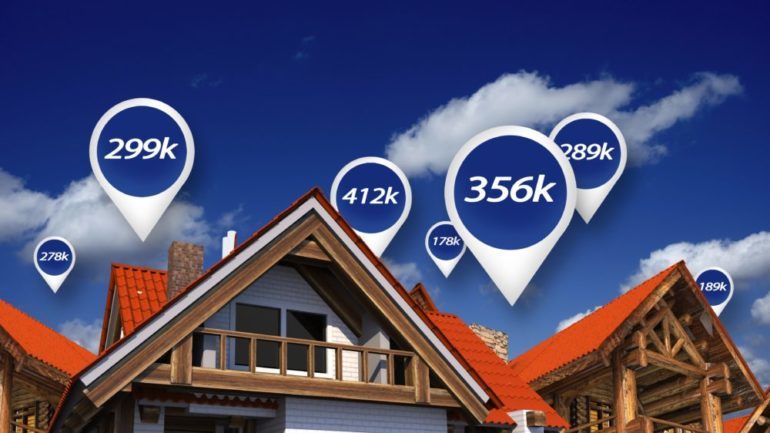When you decide to sell your home with an agent, one of the most important decisions you will make together is the asking price. Set the price too high and your home could languish, causing buyers to wonder what’s wrong with it and forcing you to drop your price. Set the price too low and you may sell fast, but realize that you left money on the table. So what can your agent do to help you set that all-important asking price?
Choosing the agent
Setting the right price starts with the right agent. You should get recommendations from people you know and trust. Don’t just talk to one agent. Have three or more come to your home and interview them. Avoid agents who only sell part-time and avoid agents who are friends or relatives.
The agent should come to your meeting with a Comparative Market Analysis (CMA) that includes prices of comparable homes in your area that have sold in the last six months. The CMA helps the sellers set a list price for the property. Ask lots of questions and gauge each agent by their experience, their attention to detail, and thought they put into pricing your home. The best agent isn’t necessarily the one who sets the highest price. Also, choose an agent familiar with your neighborhood or area and has sold homes there.
Elements that go into pricing
The biggest factor in determining the market value of your home are the selling prices of comparable homes that recently sold in your area. Agents will include three to four homes that are most like your home in size, floorplan, and lot size, making allowances for upgrades. Once the comparisons to your home are determined, the agent should provide the actual market price that the homes sold for and how long it took to sell them, known as “days on the market.” Days on market can be affected by how strong the overall market is but also by how well the home was priced. The agent should also know what buyers are currently looking for in a home. Agents deal every day with buyers and can spot things about your home that will help or hurt your pricing.
As for homes currently on the market, remember that the prices are merely asking prices. While you need to know your competition, ultimately your neighbors can set a price arbitrarily high or low. The final sales price is the last word on value.
Based on the comparables, set the price as close to what you reasonably think the market will bear. You must also decide how much you are willing to negotiate. What is the range between your asking price and the lowest offer you’ll take?
One other crucial element
Your house must appraise well with the buyer’s mortgage company. The buyer’s lender will send a professional appraiser to establish an official value of your home after a sales contract is signed. The appraiser will depend heavily on comparables, just as you and your agent did. Lenders will have a set amount they will lend on the property. If the sales price is too high above the appraisal, then either the buyers must put more cash down or they will ask you to come down on price to be in line with the appraisal. Avoid this problem, which could sink a sale, by pricing correctly at the start.
Other price factors
If you have upgraded your home, this may add value to your home or at least enhance the saleability of the property. Nice granite counters, recent appliance upgrades, and a fresh coat of paint — all things that make a home move-in ready — will help sell your home more quickly and for a good price. Adding high-value items such as built-in pools, expensive landscaping, or technology systems may not translate into a higher sales price. On the other hand, if you have a dated kitchen, for example, a buyer will mentally add up these costs and make a lower offer.
There may be other factors that add value to your home, such as the reputation of the neighborhood and schools, the location of mass transit, shopping, and restaurants. They may not add in terms of dollars but can be used as selling points to move the buyer your way in negotiations.
Related – As a Seller, What Should I Expect From My Real Estate Agent?


